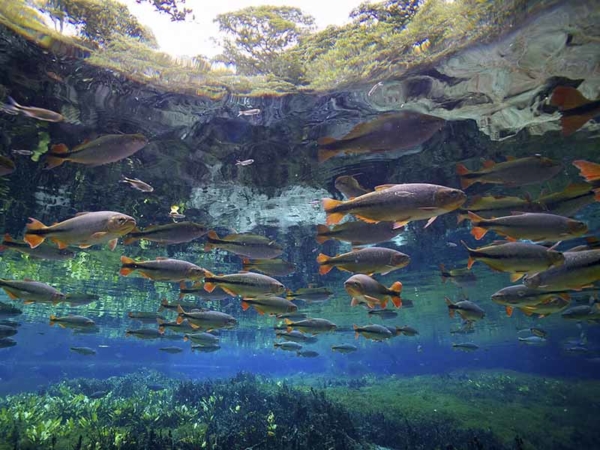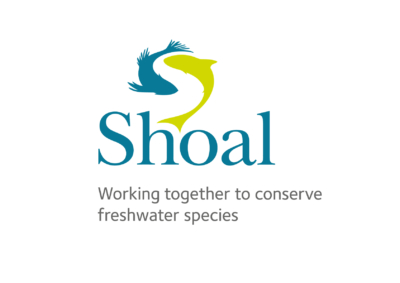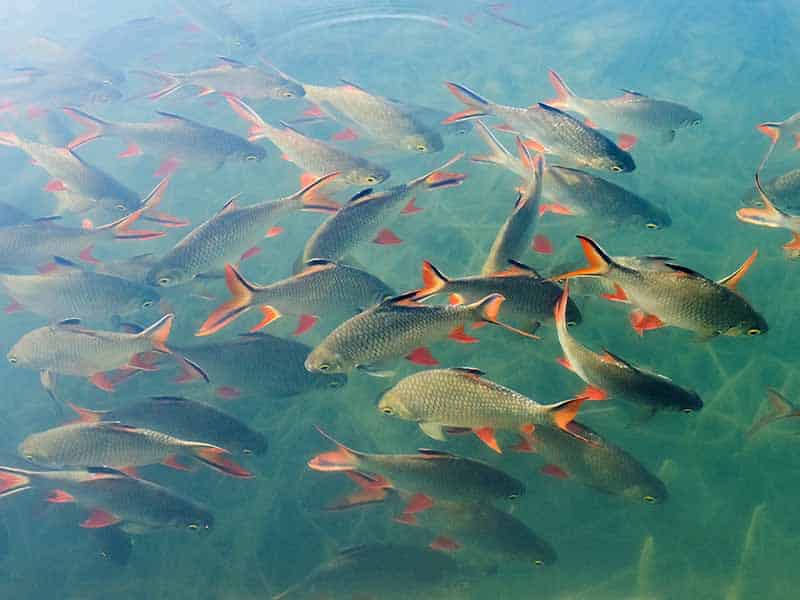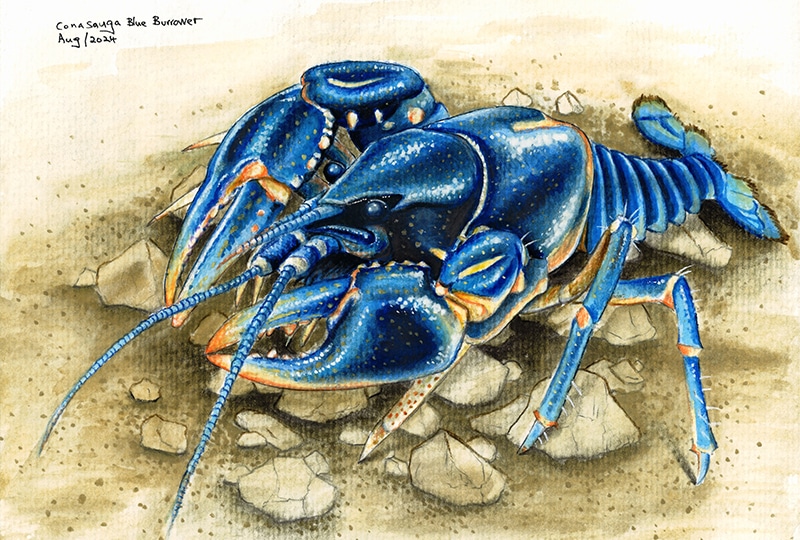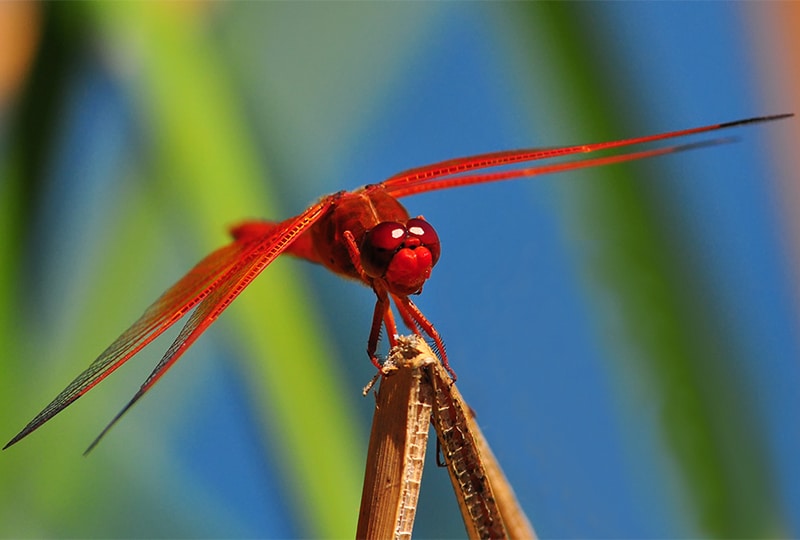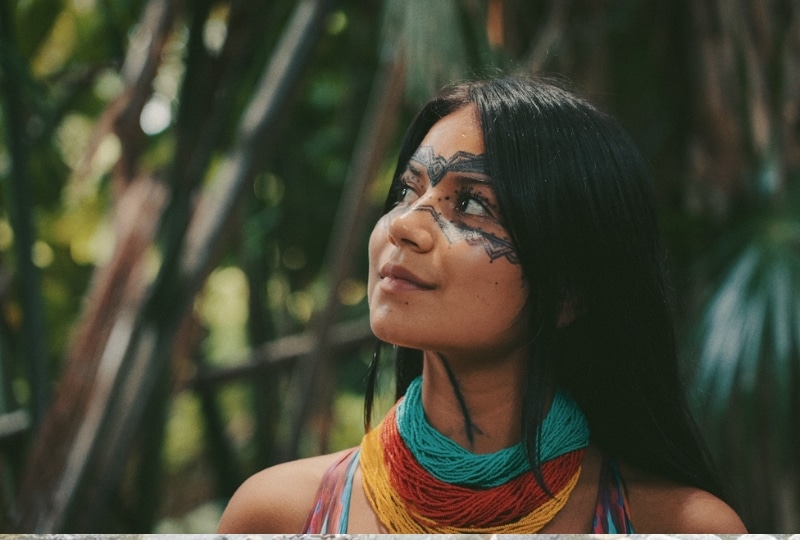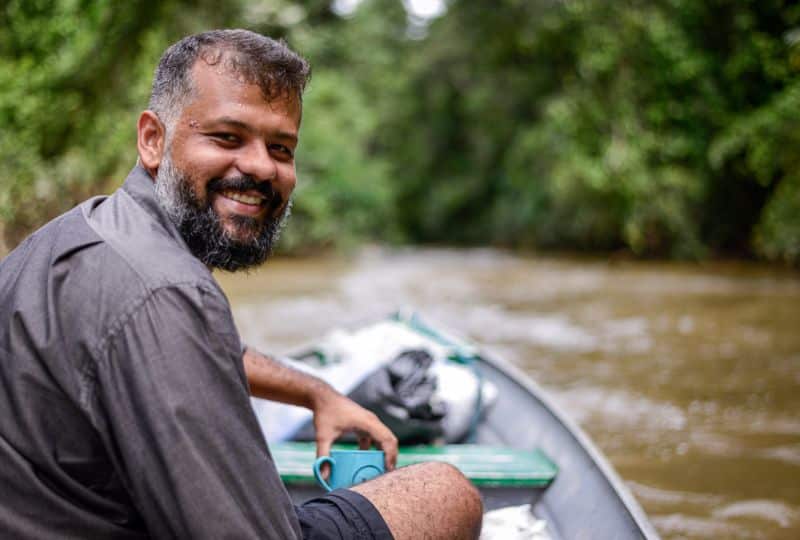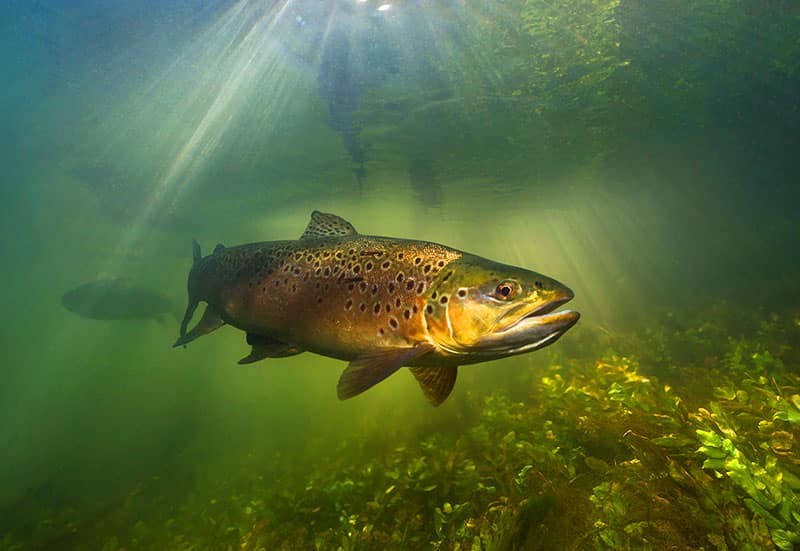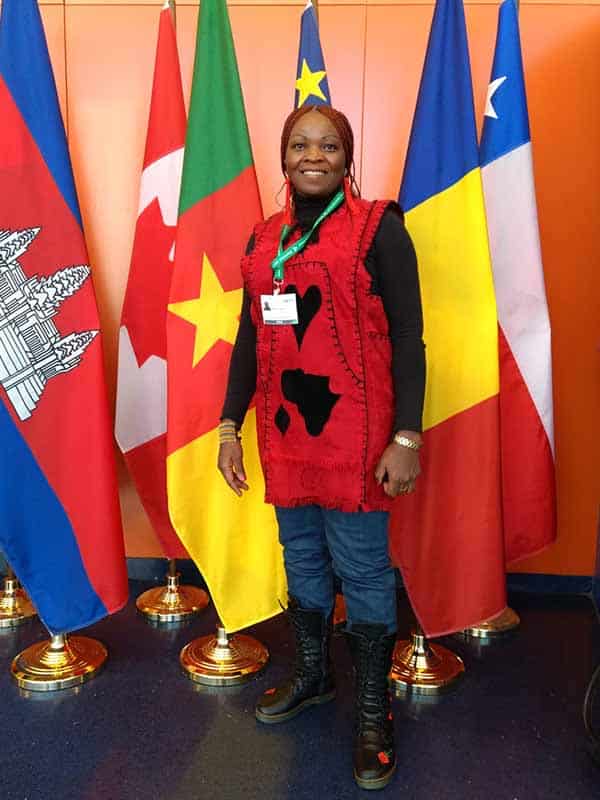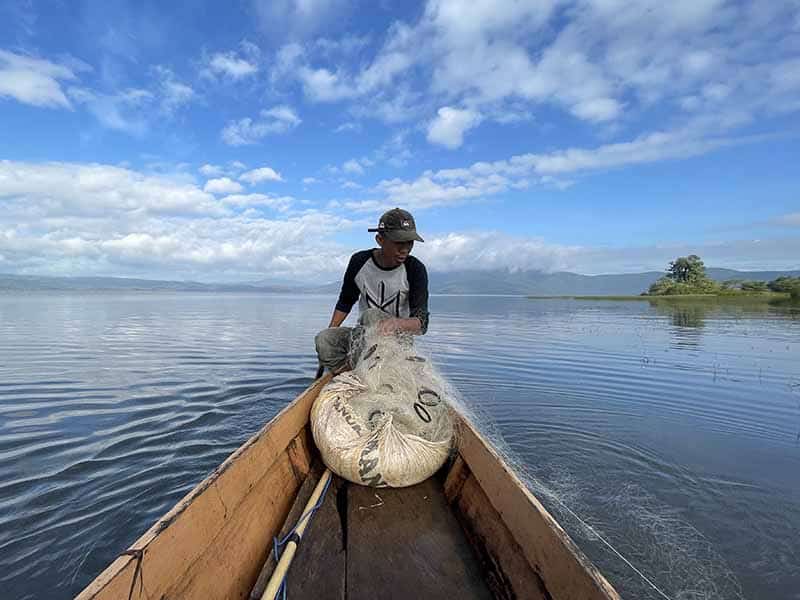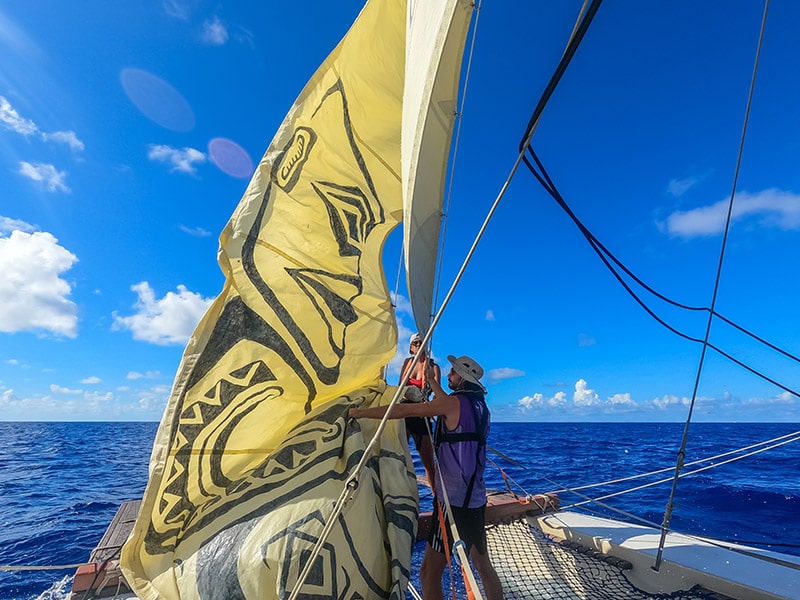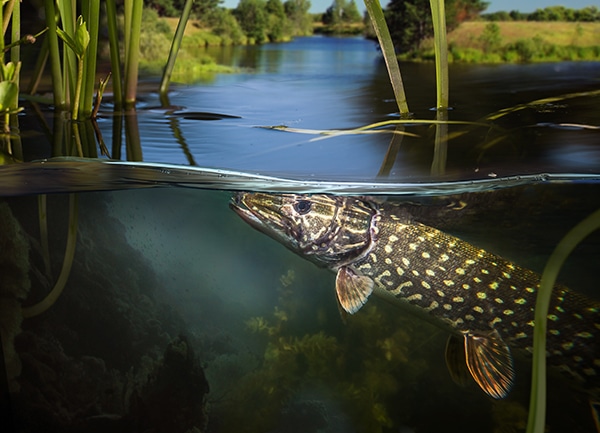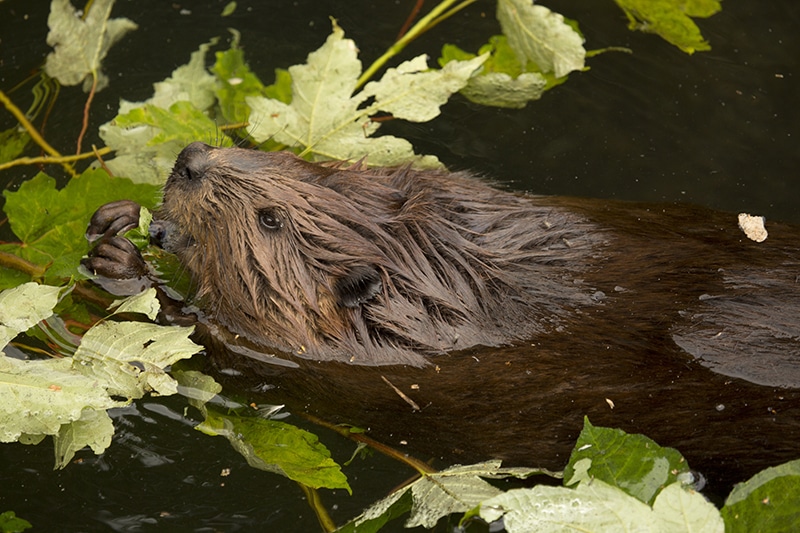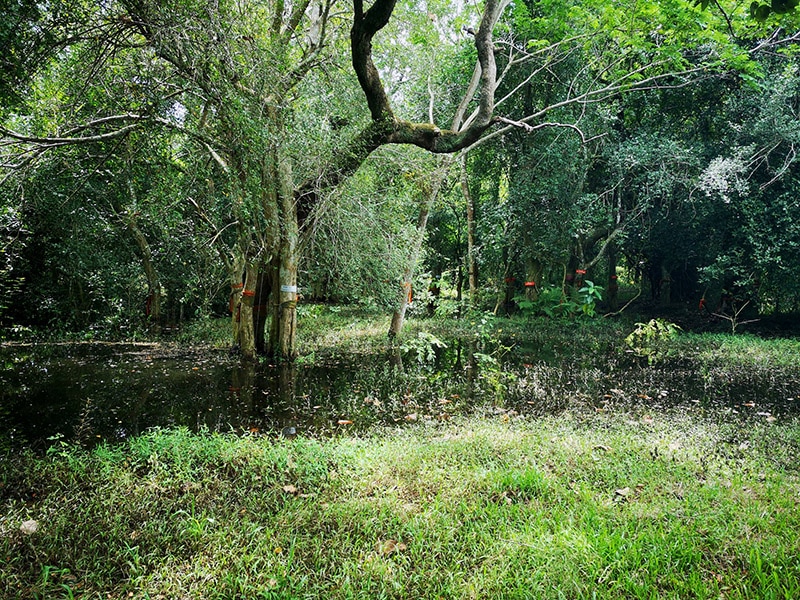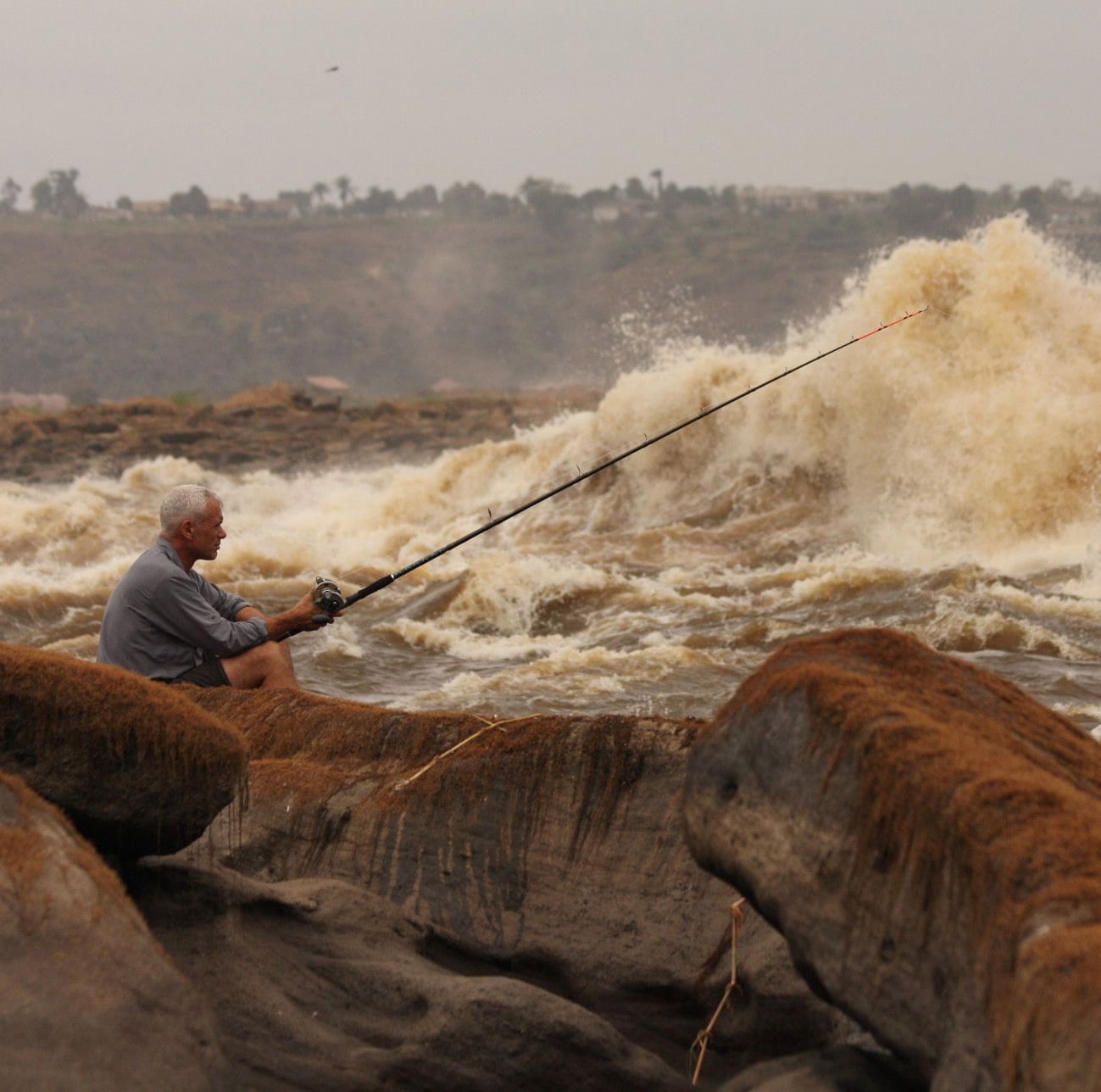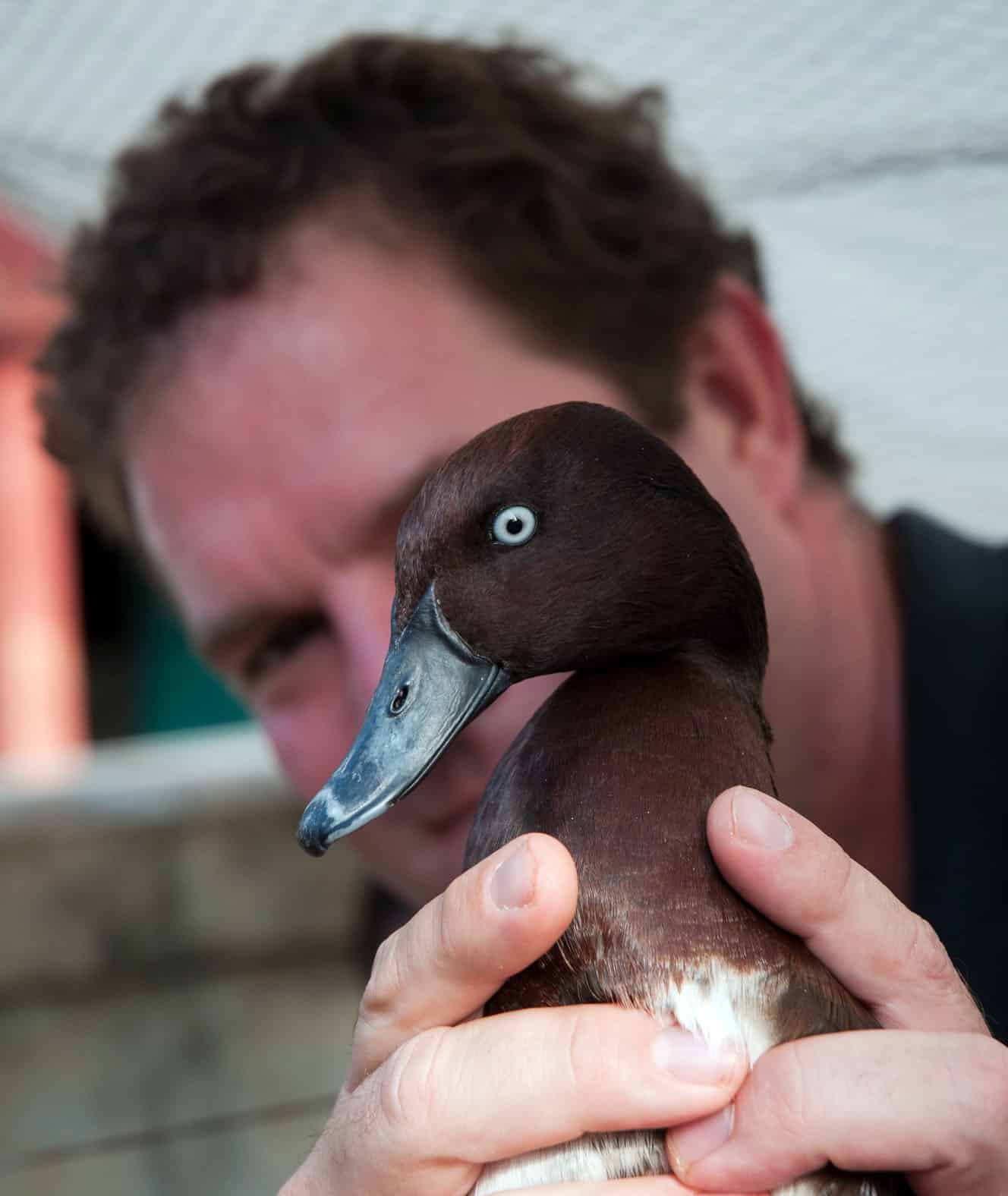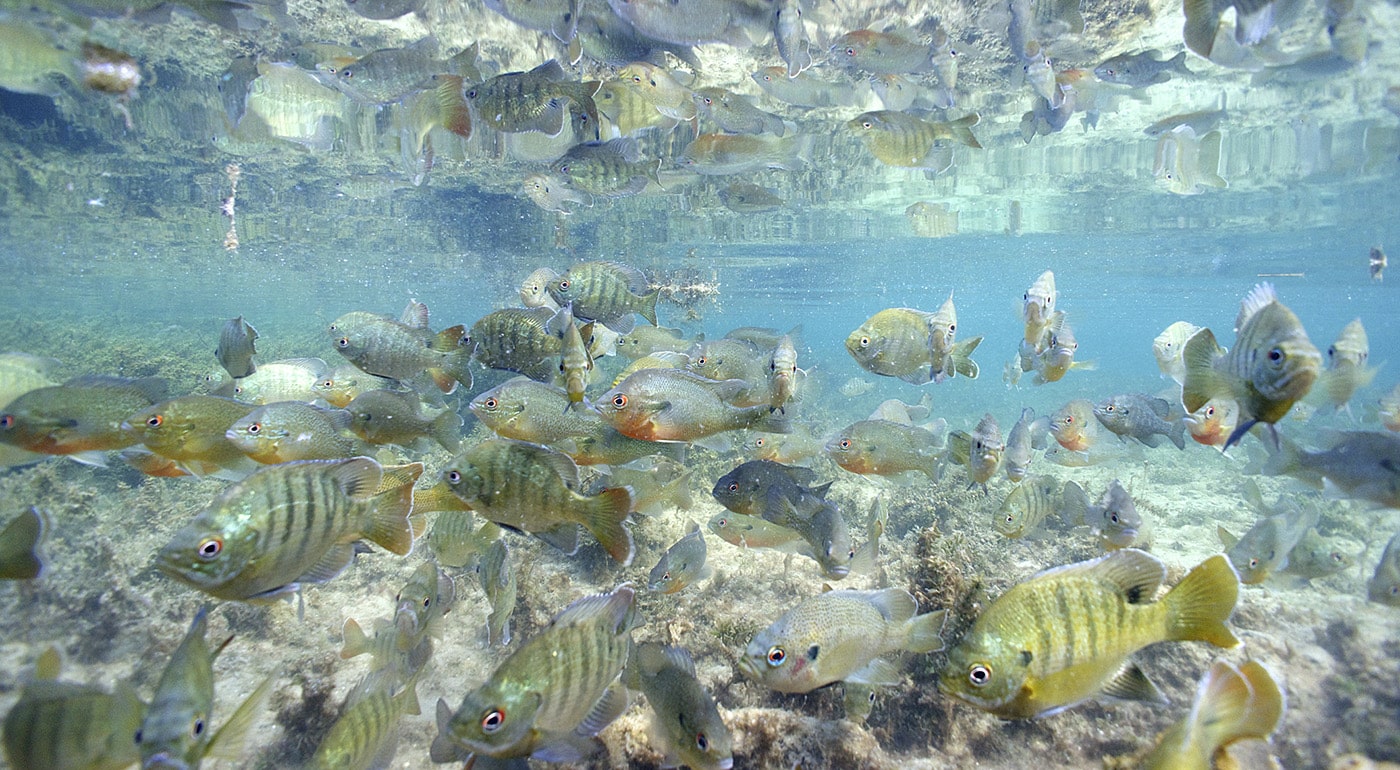Altering the course of freshwater conservation
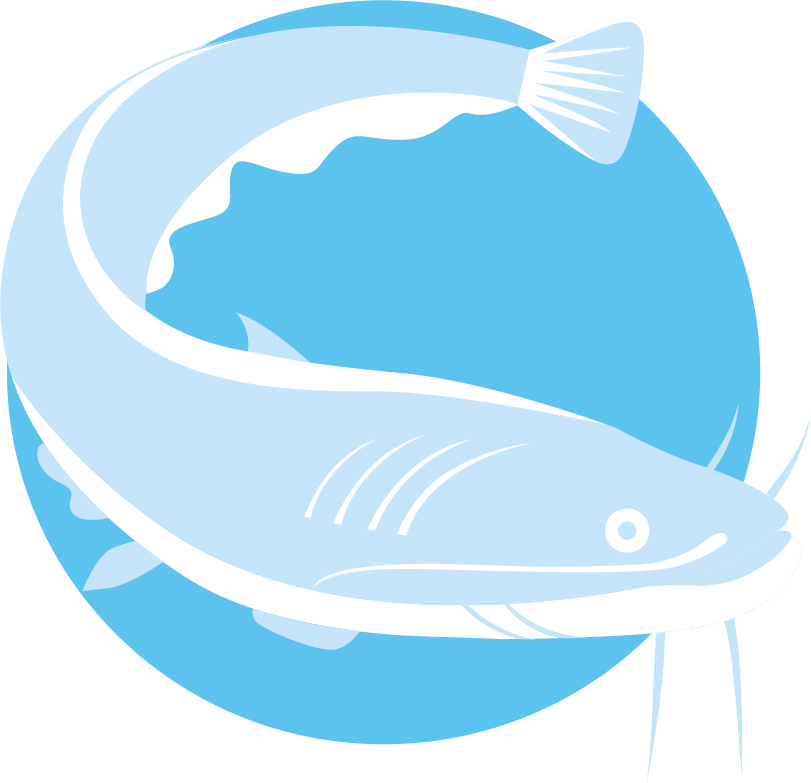
Freshwater habitats host some of the most diverse and productive ecosystems on Earth, but they are also among the most threatened. The people and wildlife that are most impacted by their rapid loss and degradation are not receiving the attention or support they need to avoid further declines: our goal is to change that.
Our Programme
This programme is based on ten years of institutional knowledge gained from funding, engaging with and researching freshwater conservation, as well as working with our network of scientific and grassroots advisors. Our approach is to identify conservation funding and action, to complement existing work, and to support initiatives where long-term partnership can achieve lasting and transformative change. To achieve this, our programme consists of three overlapping and complementary funding streams of work:
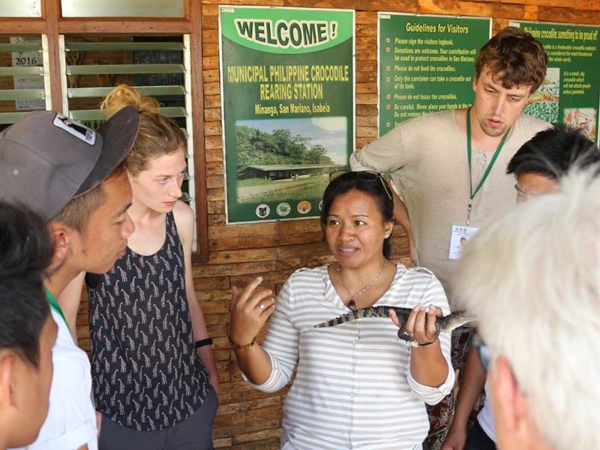
Empowering People
Empowering local communities to build capacity, advocate for and protect freshwater ecosystems.
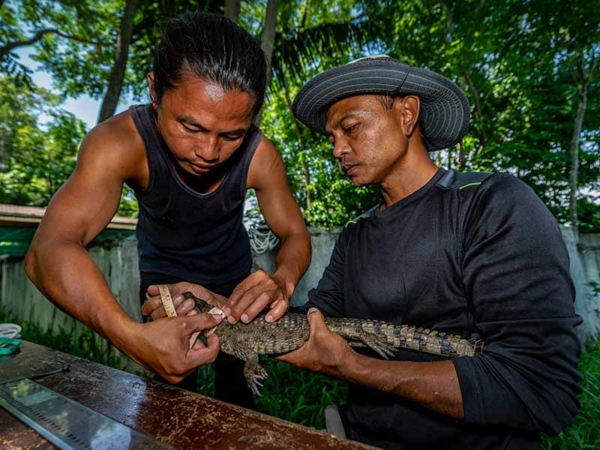
Advancing Knowledge
Advancing knowledge systems and collaborative action for freshwater conservation.
* Images (L to R): Michel Roggo; Mabuwaya Foundation; Chris Scarffe
The abundance of life in freshwater habitats is estimated to have fallen by 83% between 1970 and 2014 (WWF, 2018) – far outstripping the pace of decline in marine or terrestrial habitats.
A call to action
SHOAL is a hosted partner of Synchronicity Earth. Through its work to engage a wide range of stakeholders to accelerate and escalate action to save the most threatened fish and other freshwater species, SHOAL aligns with and extends the work of our Freshwater Programme.
Besides conservationists, there are significant numbers of people around the world who have a vested interest in freshwater fish conservation: anglers, aquarium enthusiasts, zoos. So it may come as a surprise that freshwater fish – freshwater species in general, in fact – and their habitats are some of the most overlooked of all when it comes to conservation.
SHOAL aims to fill this gap by creating partnerships to effectively and efficiently direct funding and other resources at the most critical interventions required to prevent freshwater species extinctions.
Currently this kind of partnership does not exist for almost any other group of species, let alone freshwater fish. SHOAL is an inclusive, partner-driven alliance that places freshwater fish at the forefront, working to conserve this neglected group of species by catalysing and supporting action-driven conservation. SHOAL’s message is simple: freshwater fish need our help. By conserving freshwater fish, SHOAL will in turn be conserving other freshwater species and their habitats.
“If people took the time to really look closely at what species we have in freshwater ecosystems, they would see that there are some amazing creatures in there. But freshwater species get very little attention, they aren’t in the public eye like other terrestrial and marine species.”
Dr William Darwall, Former Head of the IUCN Biodiversity Assessment and Knowledge Team (BAKT) – Freshwater Unit
Spotlight on Species: Freshwater fish
Amongst the most threatened groups of freshwater species are freshwater fish. Approximately one in three freshwater fish (32 per cent) have been assessed to be threatened with extinction, competing with amphibians for the unwanted title of the most at risk vertebrate group on the IUCN Red List, which acts as a barometer for the health of life on Earth.
Currently 29 per cent of critically endangered species inhabit freshwater systems, and as new assessments continue to shed light on the gravity of the situation facing freshwater species it is becoming more and more evident that something has to change.
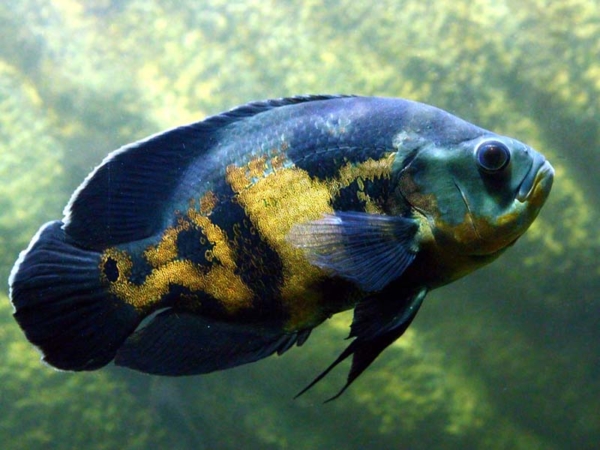
Freshwater biodiversity is in urgent need of attention. There are multiple and imminent threats, but the good news is that the right conservation action can reverse these declining trends. We are seeking to build a network of conservationists, community groups, businesses and donors to help tackle these issues.
Freshwater News
If you are interested in supporting our Freshwater Programme, please get in touch.

